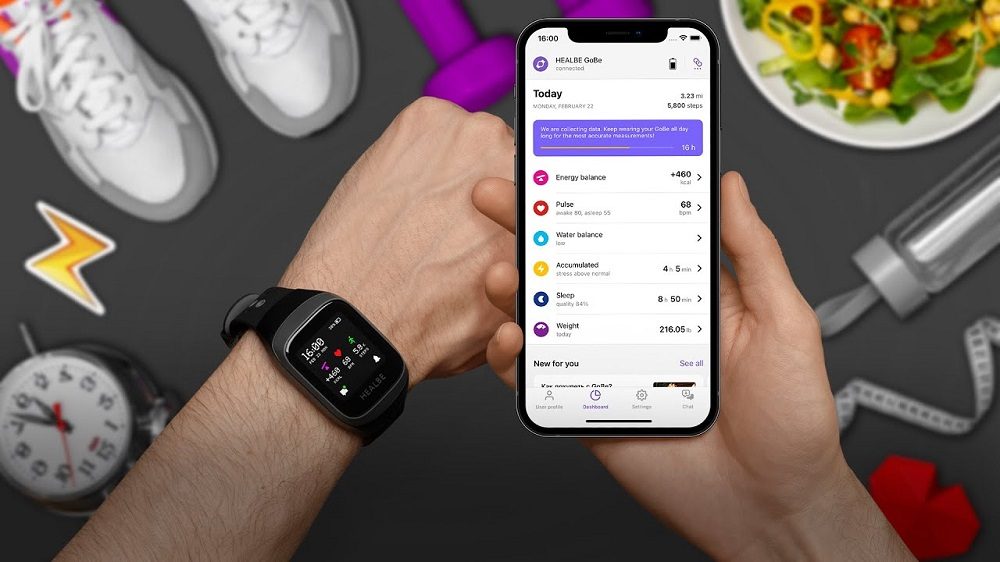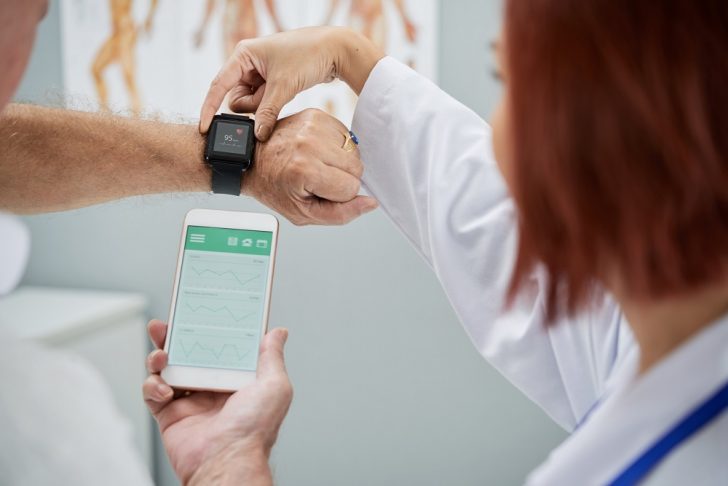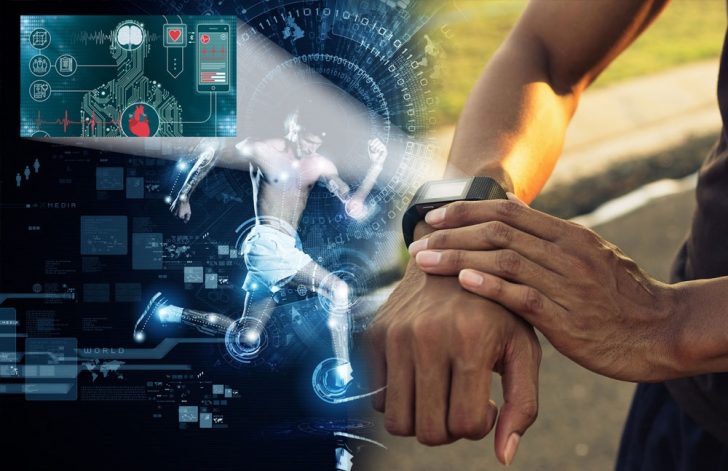
Wearable Technology Applications in Healthcare

The world of healthcare is evolving at an unprecedented pace, and wearable technology is one of the driving forces behind this transformation. These innovative devices, from smartwatches to fitness trackers, have become fashion statements and indispensable tools for monitoring and improving health.
In this article, we will explore the wide-ranging applications of wearable technology in healthcare, highlighting how these devices are revolutionizing the industry.
Remote Patient Monitoring
Wearable technology has made it possible to remotely monitor patients, allowing healthcare providers to closely monitor their conditions without the need for frequent in-person visits. This is particularly crucial for individuals with chronic diseases such as diabetes, heart disease, and hypertension.

iStock/ Pexels | From remote patient monitoring to mental health support, these devices offer a wide range of applications
For instance, continuous glucose monitors (CGMs) track blood sugar levels in real-time, providing valuable data for diabetes management. These devices alert patients and healthcare professionals to dangerous fluctuations, enabling timely interventions and reducing the risk of complications.
Personalized Fitness and Wellness
Wearable fitness trackers have become ubiquitous, motivating individuals to lead healthier lives. These devices, equipped with accelerometers, heart rate sensors, and GPS technology, provide insights into physical activity levels, sleep quality, and stress levels.
Users can set goals, track progress, and receive actionable recommendations for improving their well-being. In doing so, wearable technology empowers individuals to take charge of their health and make informed lifestyle choices.
Medication Adherence
Medication non-adherence is a significant challenge in healthcare, leading to worsened health outcomes and increased healthcare costs. Wearable technology solves this problem by providing medication reminders and tracking adherence.
Smart pill dispensers, for example, dispense medications at specified times and send notifications to patients’ smartphones. Some wearable devices can also monitor medication intake through sensors and provide adherence data to healthcare providers.

iStock/ Pexels | In the years to come, wearable technology will play an increasingly prominent role in shaping the future of healthcare
Emergency Response and Fall Detection
For elderly individuals or those with mobility issues, falls can have severe consequences. Wearable devices with built-in accelerometers and gyroscopes can detect sudden movements indicative of a fall. In the event of a fall, these devices can send alerts to caregivers or emergency services, ensuring rapid assistance and potentially saving lives.
Mental Health Support
Mental health is a growing concern worldwide, and wearable technology is stepping in to provide much-needed support. Devices like smartwatches can monitor heart rate variability, sleep patterns, and activity levels, valuable indicators of emotional well-being.
Furthermore, wearable apps and sensors are being developed to help individuals manage stress and anxiety through guided breathing exercises, meditation prompts, and biofeedback. These tools empower users to take proactive steps in managing their mental health.
Postoperative Care
Wearable technology enhances postoperative care by allowing physicians to monitor patients after surgery closely. Smart garments equipped with sensors can track vital signs, movement, and wound healing progress. This real-time data helps healthcare providers identify complications early and adjust treatment plans accordingly.
Health Data Integration
Interoperability is a significant challenge in healthcare, with patient data often scattered across various electronic health record systems. Wearable technology can help bridge this gap by seamlessly integrating health data into healthcare ecosystems.
Physicians can access a patient’s wearable-generated data alongside traditional medical records, enabling a more comprehensive view of their health. This integrated approach fosters better-informed decision-making and promotes continuity of care.

Polina Tankilevitch/ Pexels | Wearables are creating a world of seamlessly usable real-time data services
Early Disease Detection
Wearable devices are increasingly being used for early disease detection and prevention. For example, researchers are developing wearables capable of detecting early signs of conditions like atrial fibrillation, a leading cause of stroke. By continuously monitoring heart rhythms, these devices can identify irregularities and prompt users to seek medical attention.
Clinical Trials and Research
Wearable technology is also significantly impacting clinical trials and medical research. Researchers can collect real-world patient data in a non-invasive manner, allowing for more extensive and diverse study populations.
Additionally, wearables enable remote monitoring of study participants, reducing the need for frequent clinic visits and improving patient retention. This streamlined approach accelerates the pace of medical research and enhances our understanding of various diseases.
More in Fitness
-
`
The Physical Signs of Hunger and How Mindful Eating Makes a Difference
Hunger is one of the most basic yet essential signals our body uses to communicate its need for energy. However, many...
December 15, 2024 -
`
Why Did Chris Pratt Call Anna Faris Before Proposing to Katherine?
Chris Pratt, the beloved star of “Guardians of the Galaxy,” made headlines when he revealed that he called his ex-wife, Anna...
December 3, 2024 -
`
6 Proven Tips to Tackle Insurance Claim Denials Successfully
Claim denials are a common hurdle for healthcare providers and professionals, even for those who follow the necessary procedures to avoid...
December 1, 2024 -
`
5 ‘Bad’ Fitness TikTok Trends You Shouldn’t Follow
TikTok has become a haven for creative fitness advice. But not all trends are worth your time or your health. From...
November 23, 2024 -
`
Does Drinking Water Affect Adrenal Hormones?
Drinking water is often seen as a simple way to stay hydrated, but it has deeper effects on our body than...
November 14, 2024 -
`
Why We Feel the Loss of Celebrities So Deeply?
Celebrity grief might sound strange at first. After all, most of us have never met these famous figures in person, yet...
November 5, 2024 -
`
Are High Deductible Insurance Plans as Ideal as They Appear to Be?
High deductible insurance plans have been a hot topic for years, especially as healthcare costs continue to rise. For many Americans,...
October 31, 2024 -
`
How Training Load Data Can Transform Your Exercise Routine
Tracking progress during workouts is challenging. Simple metrics like mileage or time don’t show the whole picture. Understanding the overall effort...
October 26, 2024 -
`
Katy Perry’s Weight Loss Journey: Secret Diet Tips Revealed
Katy Perry’s weight loss journey has been making headlines, with the pop star shedding 20 pounds over the past few months....
October 16, 2024















You must be logged in to post a comment Login